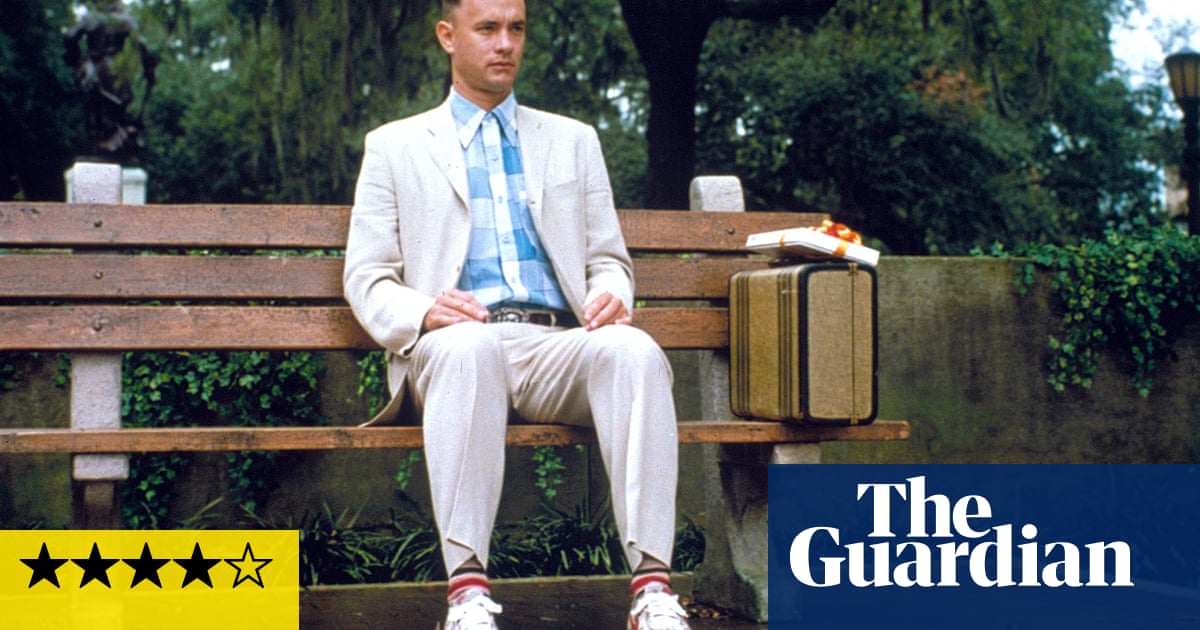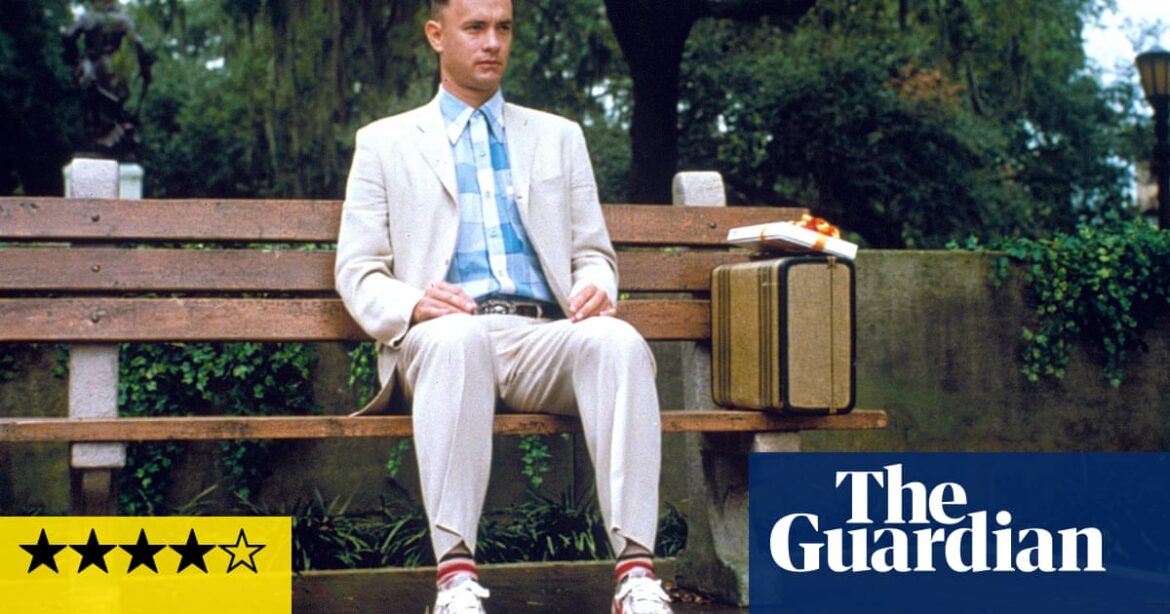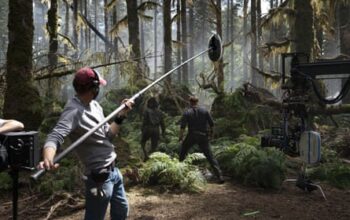
Robert Zemeckis’s comedy drama is rereleased for its 30th anniversary, starring Tom Hanks as its savant-patriot hero goof from the fictional town of Greenbow, Alabama. It is adapted from Winston Groom’s bestseller from the Reaganite 80s, but the movie arrived for the presidency of Bill Clinton, who had his own Gump body-language, and it happens to contain a complimentary remark about his hometown of Little Rock, Arkansas.
And every time I watch it, I swear that this entirely ridiculous, hokey-sentimental and politically naive fantasy isn’t going to get under my skin but every time it does. It is superbly paced, expertly acted, it looks great, and there is a kind of needling, sleeve-tugging genius in Hanks’ performance, despite that outrageous Jimmy-Stewart-with-a-head-injury voice. Each move and mannerism pops like bubblegum and his athletic dive from the deck of his shrimping boat when he hears his momma is sick is a thing of wonder.
But however much I enjoy it, and I do, I will never forgive this film for giving a picturesque form of Aids to Forrest’s one true love Jenny (a thankless role for Robin Wright), who dies sacrificially for Forrest’s lonely poignant decency, apparently in retribution for her lost years of taking drugs and hanging out with radicals and not wholesomely staying with Forrest. That’s in addition to her being abused as a child. Couldn’t she have stayed alive at the end?
Well, Forrest is an innocent kid with learning difficulties who grows up in the crewcut 50s in what appears to be a former plantation. His momma (Sally Field) makes money from letting rooms to tenants and she gets her boy a good education by sleeping with a creepy school board inspector. Forrest has to run from bullies, and his lightning burst of speed gets him a college football scholarship while his honest courage earns him a medal during his military service in Vietnam, for which he actually volunteered.
Forrest learns the value of friendship from his buddy “Bubba” Blue (Mykelti Williamson). In the army and back in civilian life, Forrest becomes famous for his world-beating skill at ping-pong. He finally becomes rich through a shrimp boat business with his former commanding officer, disabled veteran Lieutenant Dan (Gary Sinise), and becomes a celebrity all over again for running all over the country, with the TV news calling him a “gardener from Greenbow, Alabama”, apparently unaware of his wealth and fame which is supposed to have put him on the cover of Fortune magazine. Yet Forrest always pines for his childhood sweetheart Jenny (Wright).
after newsletter promotion
It’s such a strange film in many ways, insisting simultaneously on Forrest’s dream-come-true fame and his obscurity and ordinariness. You could compare it to Hal Ashby’s Being There (1979) or Woody Allen’s Zelig (1983), but without the satire; there’s the same kind of artless, dopey wisdom and comic serendipity of stumbling into the centre of every pop-cultural moment in history. It’s also a part of the tradition of white gothic-schmaltz which John Irving established in both bestselling fiction and the movies – but here the schmaltz is very much uppermost. Forrest Gump is Hollywood film-making at its most corn-fed, sucrose-enriched and calorific; you’ll need a sweet tooth for it.
Source: theguardian.com



